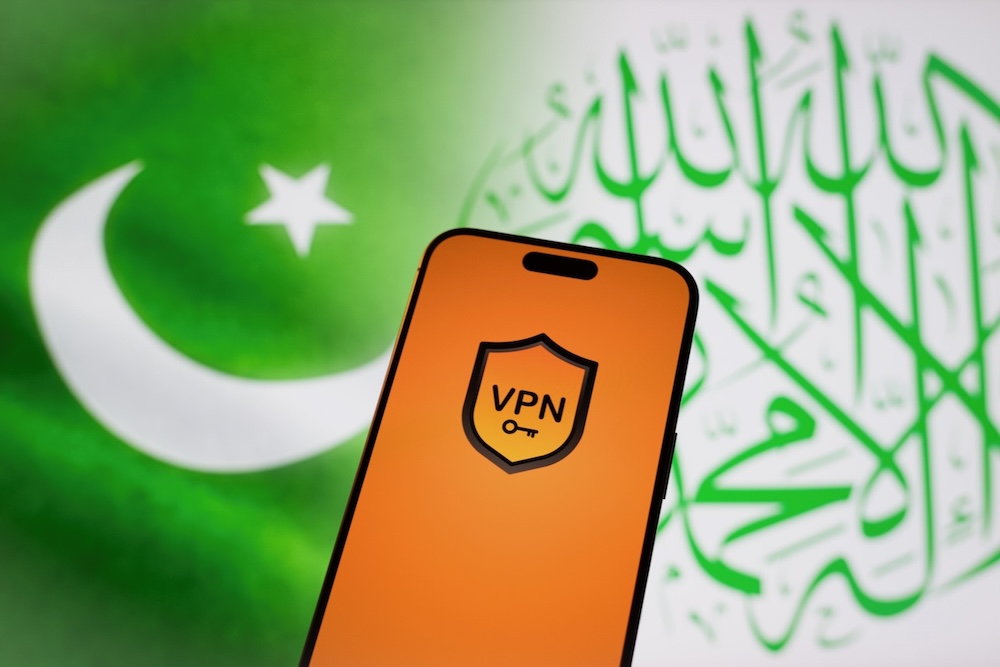Authorities urged to draw a balance between fundamental freedoms and counter-terrorism measures.
This statement was originally published on pakvoices.pk on 16 November 2024.
Bytes for All strongly condemn the plans by the Government of Pakistan to ban Virtual Private Networks (VPNs) in the country and the ruling by the Council of Islamic Ideology’s (CII) calling the use of VPNs “against Sharia”.
While banning VPNs can only be termed as state hegemony, the ruling by CII lacks any legitimate basis in Islamic beliefs and infringes upon citizens’ constitutional rights to privacy, freedom of expression, opinion, speech, and access to information. Such measures hurt both Pakistan’s global standing as a State and its citizens’ fundamental rights.
Bytes for All believes that a VPN is a vital tool for safe communication, particularly in the current digital age where cybersecurity risks are numerous. At a time, when there are terrible gaps in the cybersecurity of the common users, VPNs are widely acknowledged as valid and legal circumvention tools by democratic countries around the world, as they allow cross-territorial businesses to protect users’ personal information and sensitive data transfers. They also protect netizens from becoming victims of phishing and hacking attacks.
We believe that labeling VPN use as un-Islamic is a misleading narrative that misrepresents the utility of these products and risks distancing millions of Pakistani citizens who rely on them for personal and professional protection.
We advise the government to reconsider its plans to ban VPNs and draw a balance between fundamental freedoms and counter-terrorism measures. Furthermore, while enacting new laws and policies, the processes should be transparent and inclusive of public representative stakeholders including media and civil society, and to respect the constitutional liberties above regulating digital spaces under the guise of terrorism or morality.



